Unschooling: the radical education trend raising eyebrows
Some parents are letting their children lead their education

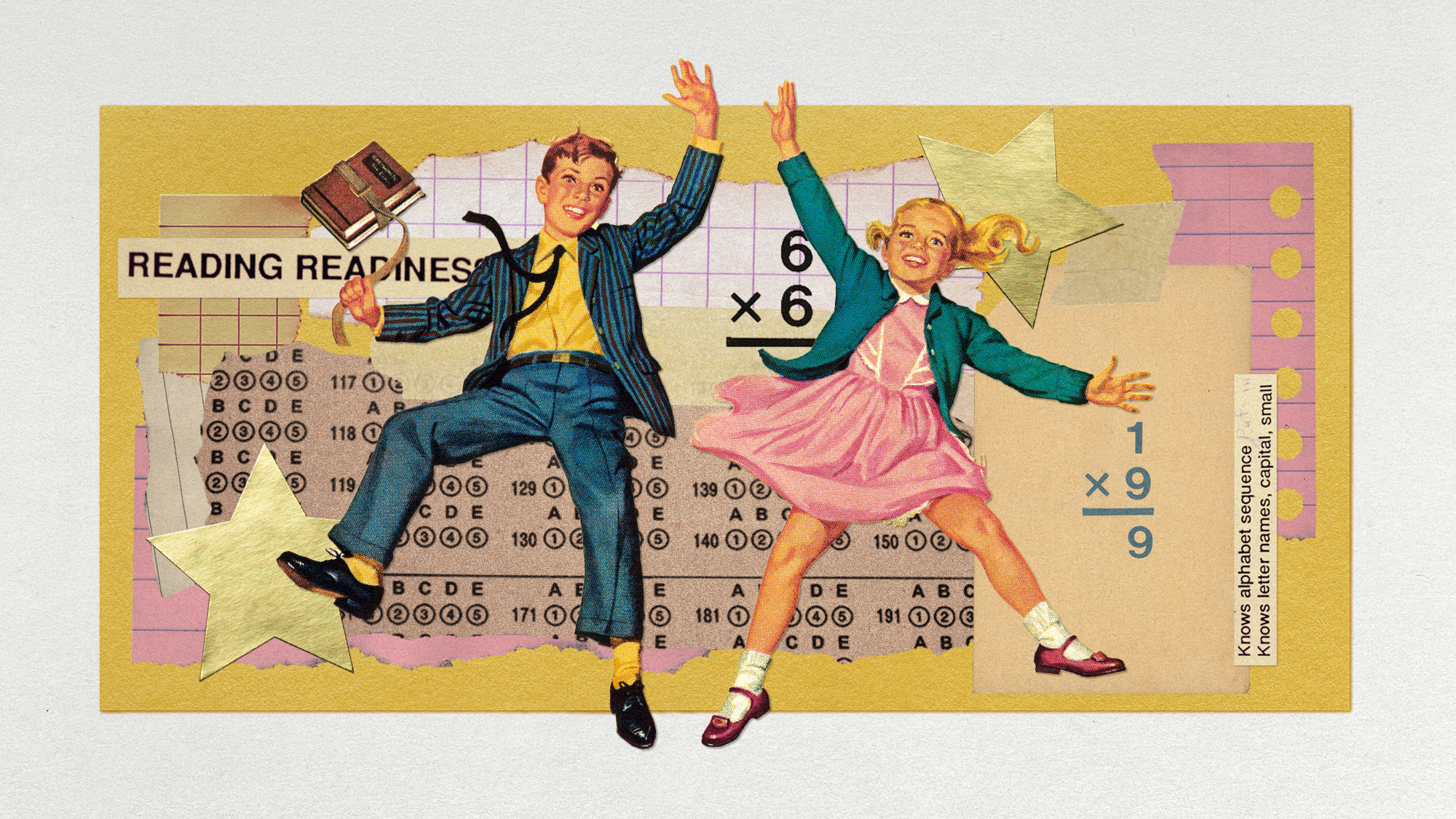
A free daily email with the biggest news stories of the day – and the best features from TheWeek.com
You are now subscribed
Your newsletter sign-up was successful
Since the pandemic, there has been a noticeable surge in homeschooling. Now, a different pedagogical trend called "unschooling" is gaining momentum, sparking controversy and debate online.
In June, spiritual influencer Mami Onami went viral after discussing unschooling or "free schooling" her children. "We don't teach our children anything," she said in a TikTok video. "Everything that they learn is in response to either their interest or their questions." With no set curriculum or school hours, she and her partner "just respond whenever [her kids] wanna know something and do our best to make sure they really get it." Mami Onami's declaration has led to backlash on social media, with many commenters questioning her parenting. However, she is not alone in pursuing this alternative route to educating her children.
What is unschooling?
Unschooling can be broadly defined as "a method in which there is no imposed curriculum on the child," Peter Gray, a research professor of psychology at Boston College and one of the founders of the Alliance for Self-Directed Education, said to Rolling Stone. This approach puts the child in charge of their learning and is "based on the idea that children naturally learn what they are naturally curious about," he said. The concept "encompasses a wide range of pedagogical philosophies," the outlet added. Some unschoolers stick to a schedule and provide light instruction on subjects like reading and math; others "eschew structure altogether, allowing their kids to create their own schedules." The overall lack of structure sets it apart from traditional homeschooling.
The Week
Escape your echo chamber. Get the facts behind the news, plus analysis from multiple perspectives.

Sign up for The Week's Free Newsletters
From our morning news briefing to a weekly Good News Newsletter, get the best of The Week delivered directly to your inbox.
From our morning news briefing to a weekly Good News Newsletter, get the best of The Week delivered directly to your inbox.
The anti-institutional unschooling ideology is rooted in the doctrine of 18th-century philosopher Jean-Jacques Rousseau, who believed children should be free to explore their own interests. Former school teacher and homeschool advocate John Holt coined the term unschooling in the 1970s. After "decades of virtual obscurity," interest in the "unorthodox method surged during the pandemic," said the New York Post. Internet searches for the term spiked in 2020, per a Google analytics report, "and it soared to similar heights in April 2024, owing to its trendiness on social media," said the Post.
Like homeschooling, the unschooling community used to be largely comprised of white conservative Christians. However, the movement has become increasingly diverse, welcoming families from all backgrounds. Black families, in particular, have been gravitating toward the method more, viewing it as an integral part of "a larger Black liberation movement," Gray said to Rolling Stone. Contrary to popular belief that only middle- and upper-class families can afford to homeschool their children, unschooling families tend to be on the lower end of the socioeconomic spectrum, he added. People who choose this route have "values other than material value," and are "not as oriented towards high achievement in the usual sense."
'People are saying the system is broken'
With the public school system under increased scrutiny since the pandemic, people are being drawn toward alternative education paths for different reasons. Unschooling advocate Akilah Richards sees this as a social justice practice, defining unschooling as a "child-trusting, anti-oppression, liberatory love-centered approach to parenting and caregiving" in a YouTube video. Others worry that unschooling will prevent children from having the social interactions that will teach them to fit into broader society. But Onami told Rolling Stone that's intentional. "In so many different ways, people are saying the system is broken," she said. "And school is the institution that prepares people to live in that world."
Still, in an increasingly polarized world, unschooling in siloed environments might further contribute to kids growing up isolated, Robert Kunzman, a professor of education at Indiana University and the managing director for the International Center for Home Education, said to Rolling Stone. One of the roles public schools play is to "prepare young people to be citizens in a democracy," he said. "When these alternative forms gained greater prominence, do they share that same commitment?"
A free daily email with the biggest news stories of the day – and the best features from TheWeek.com
Theara Coleman has worked as a staff writer at The Week since September 2022. She frequently writes about technology, education, literature and general news. She was previously a contributing writer and assistant editor at Honeysuckle Magazine, where she covered racial politics and cannabis industry news.
-
 How the FCC’s ‘equal time’ rule works
How the FCC’s ‘equal time’ rule worksIn the Spotlight The law is at the heart of the Colbert-CBS conflict
-
 What is the endgame in the DHS shutdown?
What is the endgame in the DHS shutdown?Today’s Big Question Democrats want to rein in ICE’s immigration crackdown
-
 ‘Poor time management isn’t just an inconvenience’
‘Poor time management isn’t just an inconvenience’Instant Opinion Opinion, comment and editorials of the day
-
 American universities are losing ground to their foreign counterparts
American universities are losing ground to their foreign counterpartsThe Explainer While Harvard is still near the top, other colleges have slipped
-
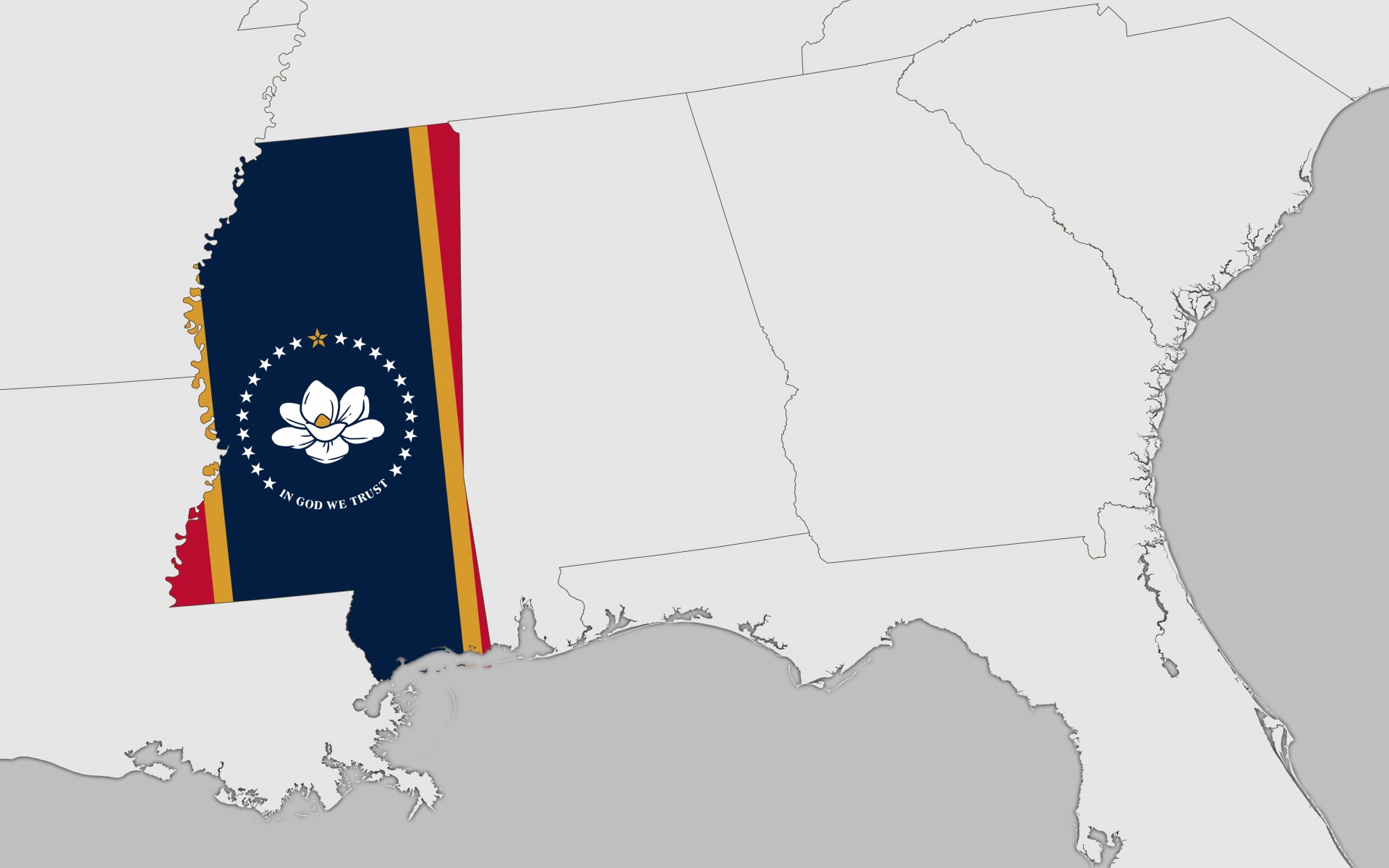 How Mississippi moved from the bottom to the top in education
How Mississippi moved from the bottom to the top in educationIn the Spotlight All eyes are on the Magnolia State
-
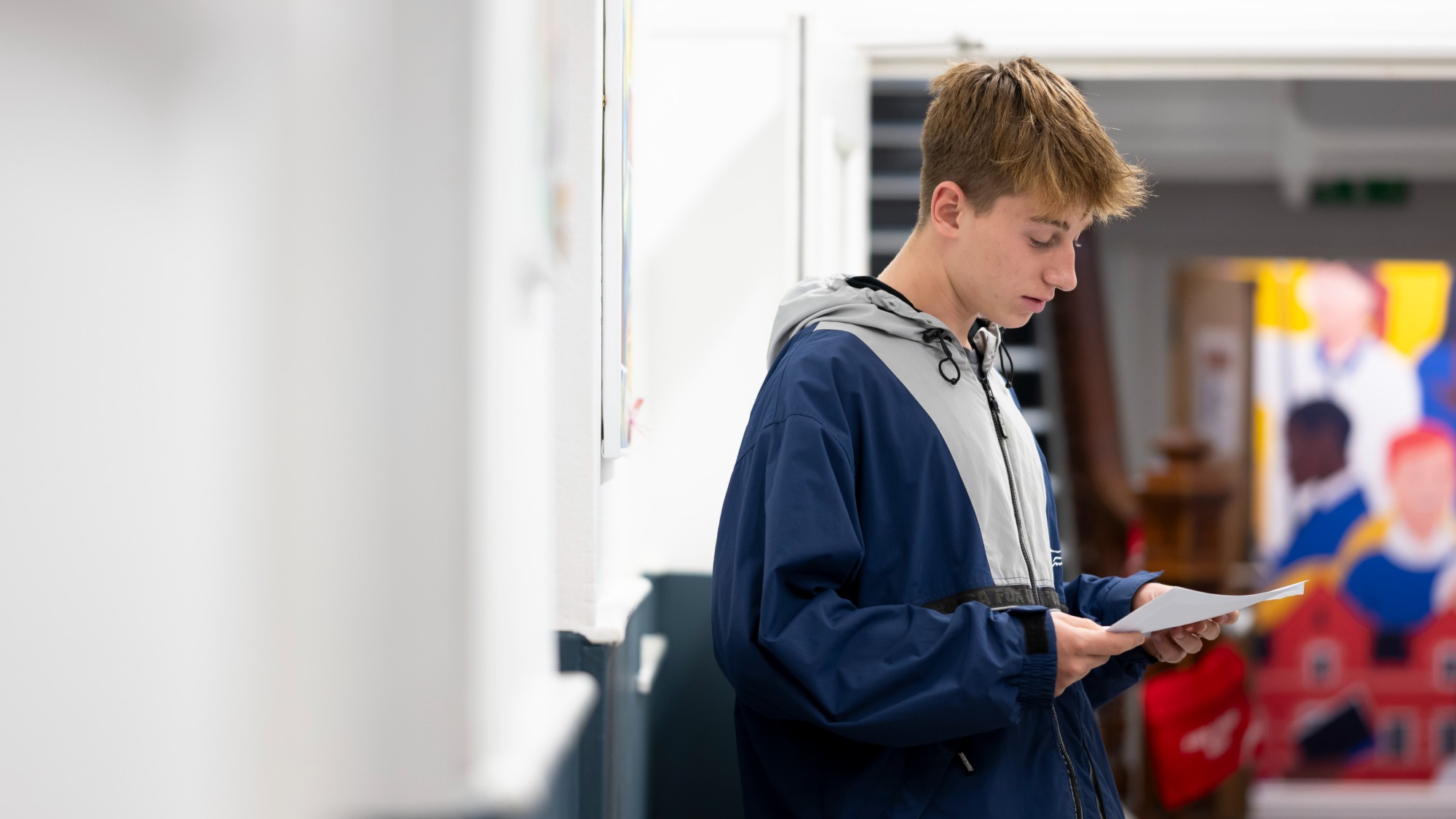 How will new V level qualifications work?
How will new V level qualifications work?The Explainer Government proposals aim to ‘streamline’ post-GCSE education options
-
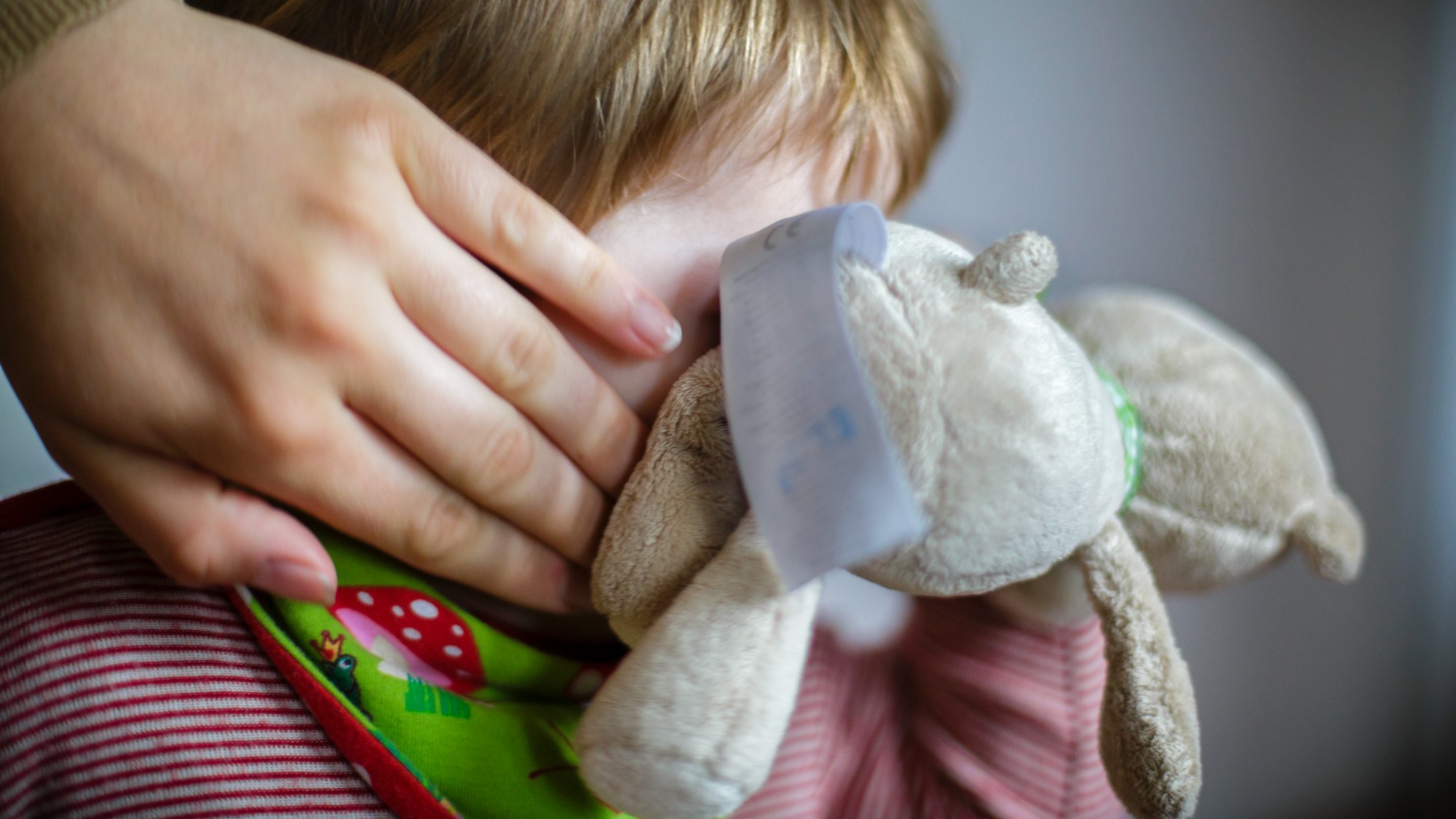 England’s ‘dysfunctional’ children’s care system
England’s ‘dysfunctional’ children’s care systemIn the Spotlight A new report reveals that protection of youngsters in care in England is failing in a profit-chasing sector
-
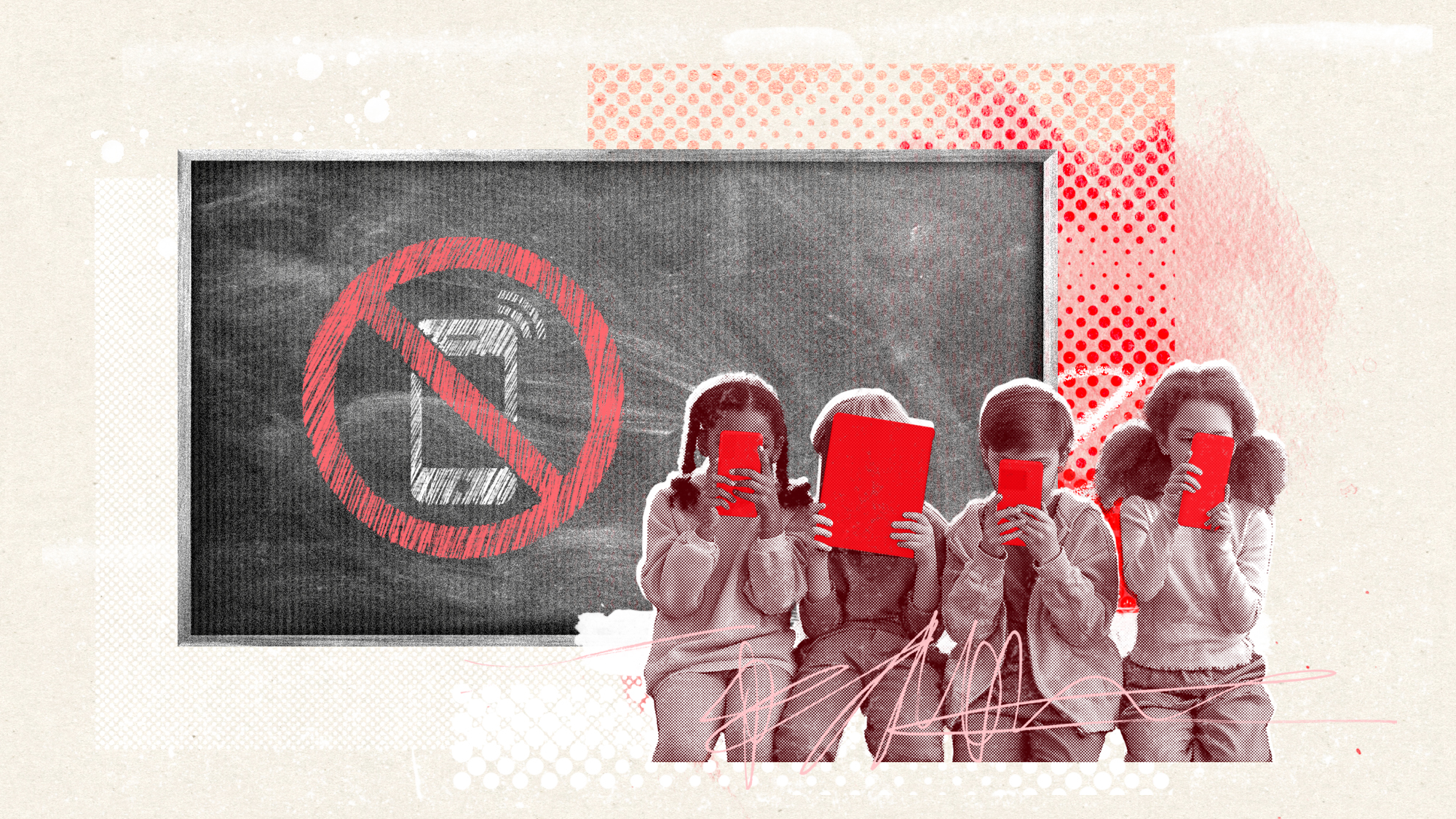 The pros and cons of banning cellphones in classrooms
The pros and cons of banning cellphones in classroomsPros and cons The devices could be major distractions
-
 School phone bans: Why they're spreading
School phone bans: Why they're spreadingFeature 17 states are imposing all-day phone bans in schools
-
 Schools: The return of a dreaded fitness test
Schools: The return of a dreaded fitness testFeature Donald Trump is bringing the Presidential Fitness Test back to classrooms nationwide
-
 Send reforms: government's battle over special educational needs
Send reforms: government's battle over special educational needsThe Explainer Current system in 'crisis' but parents fear overhaul will leave many young people behind
